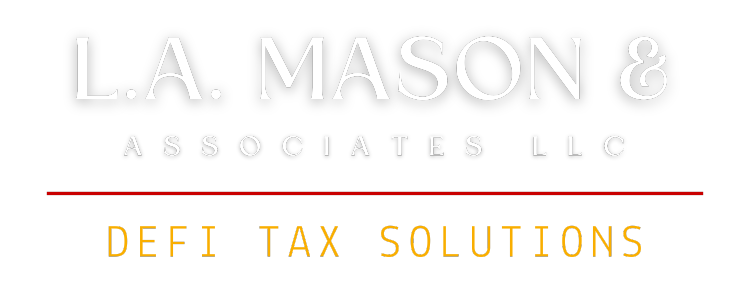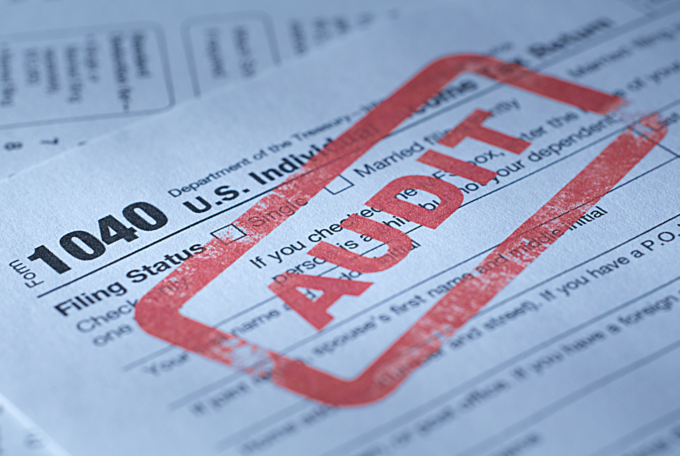Errors Cost Money: The Top Estate Planning Mistakes You Can Fix Now
Hello there, wise planners!
And, we’re back. I know estate planning may not be the most thrilling topic, but trust us, it’s crucial. Naturally, you want your assets to go to the right people and causes when you’re no longer around. Unfortunately, many people make critical mistakes in the estate planning process that can lead to unwanted consequences.
In this blog, we’ll explore some of the most common estate planning blunders and, more importantly, how to avoid them. So, let’s dive into this essential guide, ensuring you leave a legacy and not a mess.
The Perils of Procrastination
Mistake 1: Not Having an Estate Plan
Imagine leaving your estate’s fate to the roll of the dice. Well, that’s what happens when you don’t have an estate plan. Without one, your assets will be distributed based on your state’s laws of intestate succession, which might not align with your wishes. You worked hard to build your legacy; don’t let it fall into the wrong hands.
Mistake 2: Having an Outdated Estate Plan
Life is full of changes: marriage, divorce, birth, and death. Your estate plan should evolve with you. An outdated plan might leave your assets in the wrong hands or exclude new beneficiaries. Regular reviews and updates are vital.
Mistake 3: Neglecting to Name a Personal Representative
Your personal representative is the one who will handle your affairs after you’re gone. If you don’t designate one, the court will choose someone for you. Ensure you pick a trusted individual to fulfill this crucial role.
Mistake 4: Failing to Fund Your Trust
If you’ve established a trust but haven’t funded it with assets, it won’t serve its purpose. It’ll remain empty, unable to protect your assets from probate and creditors.
Mistake 5: Keeping Your Estate Plan a Secret
Secrecy isn’t your friend here. Failing to communicate your estate plan with loved ones can lead to disputes, confusion, and even legal battles. Open and honest conversations can save your family from unnecessary heartache.
Mistake 6: Naming Only One Beneficiary
When designating beneficiaries for retirement accounts and insurance policies, consider naming a contingent beneficiary as well. This ensures your assets don’t end up in limbo if your primary beneficiary passes away before you.
Mistake 7: Forgetting Power of Attorney and Healthcare Representatives
Don’t overlook these essential roles. Designate someone you trust to make important decisions on your behalf if you become incapacitated.
Mistake 8: Ignoring Final Arrangements
Your estate plan should cover not only your financial assets but also your wishes for final arrangements, such as burial or cremation.
Mistake 9: Neglecting Digital Assets
In our digital age, it’s important to include your online presence and digital assets like social media accounts and digital files in your estate plan.
Mistake 10: Ignoring Tax Consequences
Understanding the tax implications of your estate plan is crucial for avoiding unexpected financial burdens for your beneficiaries.
Mistake 11: Choosing the Wrong Executor
Selecting an executor for your will should not be taken lightly. This person should be someone you trust and who is capable of carrying out your wishes effectively.
Mistake 12: Skipping Professional Guidance
When you have a complex estate, seeking advice from professionals can help you navigate the intricacies and ensure that your plan is sound.
Mistake 13: Not Keeping Your Plan Updated
Major life events, such as marriages, divorces, births, and deaths, can significantly impact your estate plan. Regular reviews and updates ensure your plan reflects your current circumstances and wishes.
Key Takeaways
- Estate planning is essential to ensure your assets go to the right people and causes.
- Avoid procrastination and start planning early to create an effective estate plan.
- Regularly review and update your estate plan to account for life changes.
- Communicate your estate plan with loved ones to prevent disputes.
- Seek professional guidance to navigate complex estate planning matters.
FAQ
Q: How often should I update my estate plan?
A: It’s recommended to review your estate plan every year or two or after significant life events, such as marriages, divorces, births, or deaths.
Q: Can I create my estate plan without professional help?
A: While simple estate plans can be done independently, more complex plans may require professional assistance to ensure they adhere to state laws and provide maximum protection.
Q: What’s the most important document in an estate plan?
A: The most critical documents often include a will, durable power of attorney, and healthcare directives. However, the importance of each document can vary based on individual circumstances.
Estate planning isn’t the most exciting topic, but it’s undoubtedly one of the most important. These mistakes can have serious consequences. Remember, estate planning isn’t just about finances; it’s about leaving a legacy that reflects your values and provides for those you care about. So, don’t procrastinate; take action today. Your legacy deserves nothing less.
Sign up for our #30DayLegacy challenge to get started. While you’re at it, download our free ebook, “A Comprehensive Guide to Simple Estate Planning.” Ready to dive deeper? Check out our guided workbook, “Wealthy Legacy: 10 Steps to Creating Generational Wealth.”
Keep building!
LA🌻🖤
Chief Strategist





